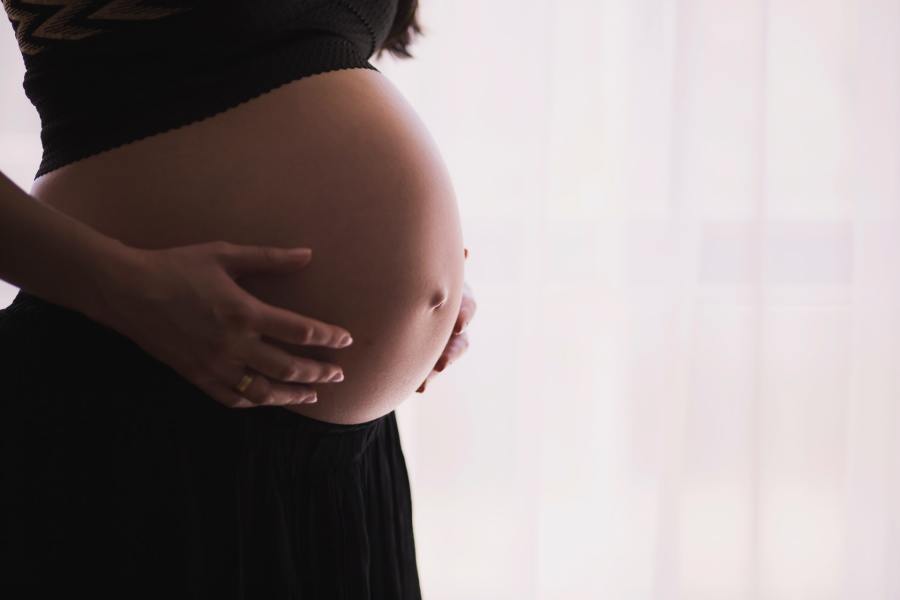An Australian couple has implored the Federal Government to increase international flight caps to enable them to return from Ukraine after travelling to Kiev for the birth of their twin daughters. The couple entered into a "gestational" surrogacy agreement with a Ukrainian surrogate in November 2019, prior to the onset of the COVID-19 pandemic.
Gestational surrogacy enables a surrogate mother to carry an embryo produced from the egg of another woman and the technology underpinning it is in many respects more advanced, and undeniably more harmonised, than the Australian legal framework governing it.
Since 2004, each State and Territory, with the exception of the Northern Territory, has introduced laws regulating surrogacy.
The laws operate differently in respect of "altruistic" surrogacy arrangements and "commercial" surrogacy arrangements. In altruistic surrogacy arrangements, the surrogate does not receive commercial reward. Altruistic surrogacy arrangements are lawful in most States and Territories. Commercial surrogacy arrangements, in which the surrogate receives a financial benefit, are illegal in all States and Territories that have enacted surrogacy legislation.
Consequently, many hopeful parents often look to other countries for surrogates to lawfully carry their embryos. Overseas commercial surrogacy is governed by a complex intersection of international law, criminal law, immigration law and family law (at both a State and Federal level).
Given the onset of COVID-19, travel to and from the country of a surrogate is now fraught with increased difficulty, and parents who enter overseas commercial surrogate arrangements risk becoming stranded abroad.
Disharmony between State and Federal laws in relation to the identity of a child's parents complicates what is an already complex reality for hopeful parents. For example, an order for the transfer of parentage to record the name of the Australian parents on the child's birth certificate cannot be achieved through State-based surrogacy laws if a child is born overseas through a commercial surrogacy arrangement.
The Family and Relationship Law team at Lander & Rogers has extensive experience in the field of surrogacy law. Please contact the writers if you have any questions in relation to this area of the law.
Our team is actively monitoring and considering the implications of legal and regulatory developments in response to the COVID-19 pandemic. You can find our COVID-19 collection here.
All information on this site is of a general nature only and is not intended to be relied upon as, nor to be a substitute for, specific legal professional advice. No responsibility for the loss occasioned to any person acting on or refraining from action as a result of any material published can be accepted.
 Client portal
Client portal











